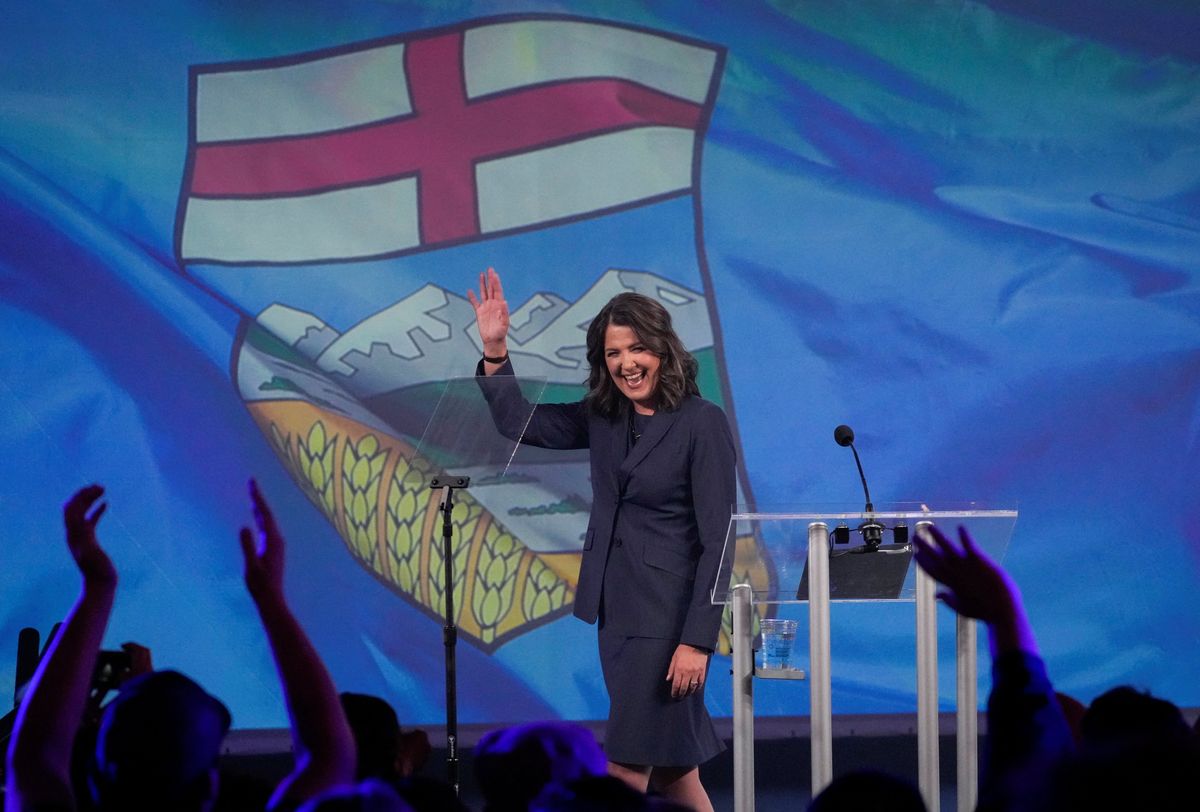The big political news of the week in Canada was the down-to-the-wire Alberta election, which pitted the ruling United Conservative Party against the left-leaning New Democratic Party. The UCP, led by controversial populist Danielle Smith, managed to defeat the NDP, whose leader, former premier Rachel Notley, managed to win most of the urban seats.
The results reveal a province more polarized than is typical for Canadian politics, where most legislatures have three parties. Alberta, which is politically influenced by Western states, now resembles them politically in a heavily polarized two-party alignment.
The reelected Smith, who spent much of the election struggling to explain controversial past comments about vaccines and lockdowns, promised to fight PM Justin Trudeau’s climate policies, including a cap on emissions from the oil industry and a net-zero electricity grid by 2035. Her election will pose a political challenge for the ruling Liberals as they try to bring down emissions in a province where the prime minister is widely despised.
Before the election, she brought in the Alberta Sovereignty Within a United Canada Act, which targets Canadian legislation in areas she sees as infringing on provincial jurisdiction. Legal experts are skeptical about the constitutionality of the law, which has not yet been used, and any attempt to use it in an area of federal or shared jurisdiction would likely end up in court.
The election outcome bodes well for Conservative leader Pierre Poilievre, who, like Smith, took over his party amid the fallout from COVID lockdowns and can expect to be attacked by Liberals for it in the next federal election. He now has less to fear: The results in Alberta suggest that right-leaning voters won’t let controversial views from the receding pandemic prevent them from voting along partisan lines.






